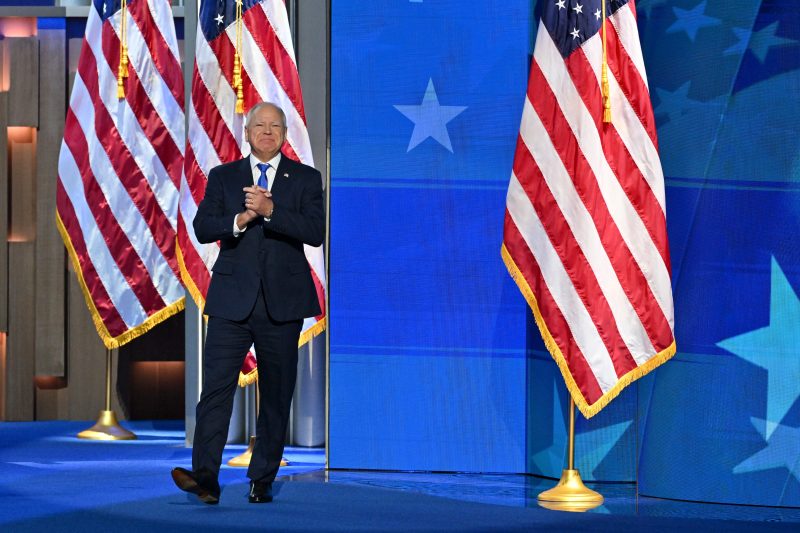As China’s Power Grows, Candidates Use It as Attack Line
In recent years, China has emerged as a global superpower, challenging the traditional dominance of the United States in various spheres, including economics, technology, and military capabilities. This shift in power dynamics has not gone unnoticed in the political landscape, particularly during election seasons, where candidates often use China’s rise as a focal point in their campaigns.
One of the key strategies employed by candidates is to paint China as an economic threat to the United States. By highlighting China’s growing influence in global markets and its aggressive trade practices, politicians aim to appeal to voters who are concerned about the impact of Chinese competition on American industries and jobs. This narrative often revolves around the idea that the US is losing out to China in terms of manufacturing and innovation, and that urgent action is needed to address this imbalance.
In addition to the economic angle, candidates also leverage China’s expanding military capabilities as a point of contention. With China investing heavily in its defense sector and asserting its presence in territorial disputes in the South China Sea and beyond, American politicians warn of the potential threats posed by a militaristically assertive China. By framing China as a strategic rival seeking to challenge US interests and security, candidates tap into fears of a looming conflict and the need for a robust national defense.
Moreover, candidates often raise concerns about China’s human rights record and authoritarian governance as part of their critique. By highlighting China’s crackdown on dissent, censorship of media and online platforms, and treatment of minority groups like the Uighurs, politicians underscore the ideological differences between the US and China. This moral stance serves to underscore the contrast between American values of democracy, freedom, and human rights and China’s authoritarian model, thereby rallying public support for a tough stance against Beijing.
However, while using China as an attack line may resonate with certain segments of the electorate, it also carries risks and limitations. The demonization of China can lead to increased tensions between the two countries, potentially escalating into a full-blown diplomatic or military conflict. Moreover, framing China solely as a threat overlooks the complex and multifaceted relationship between the two nations, which extends beyond competition to include areas of cooperation and mutual interests.
Ultimately, as candidates navigate the complexities of US-China relations in their campaigns, it is crucial to strike a balance between addressing legitimate concerns about China’s rise and avoiding the pitfalls of xenophobia and hawkish rhetoric. By engaging in a nuanced and informed debate on the challenges and opportunities posed by China’s power, candidates can offer a more constructive and balanced approach to shaping US foreign policy in the 21st century.

